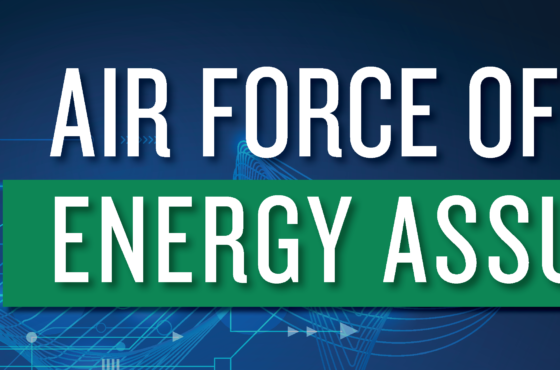Risk Mitigation in the Retail Energy World
In the wild and constantly changing terrain of the retail energy industry, the need for robust risk mitigation strategies only gets more critical.
Factors such as escalating commodity volatility, extreme weather events wreaking havoc, strained transmission grids, higher than recent history interest rates plus congested gas pipelines mean the sector faces a long list of challenges. Adding to this complexity is the staggering burden of US consumer debt, surpassing the $1 trillion mark, casting a shadow over future customer bad debt prospects. This plays out in the regulated markets, not just the deregulated elements.
What could possibly go wrong?
Amidst this turbulence, however, the underlying commodity consumption is experiencing significant growth. A lot of this growth is fueled by the burgeoning power demand from AI server farms. These data behemoths have forced or encouraged the continued operation of coal generation often in the cold northern parts of the country. There is where there are large coal deposits, existing coal power plants that combine with weather that helps keep the server farms cool. All of these factors make it incredibly hard to predict industry changes with anything like confidence much less accuracy.
The proliferation of diverse generation technologies and batteries introduces additional layers of complexity, with each innovation bringing its own set of advantages and drawbacks. Notably, breakthroughs in battery technology, and solar advancements, promise heightened efficiency, translating to reduced costs and enhanced time-of-use capabilities and more uncertainty.
In this landscape, the present successful, prevailing strategy revolves around achieving scale and strong credit ratings.
Yet, the quest for differentiation remains elusive, akin to the daunting task of marketing a singular product like gasoline.
Venturing into the hardware side of the downstream business not only exposes retail players to new, formidable competitors, including industry titans from China and Silicon Valley, but also necessitates a shift in business capabilities and expertise. These new skills diverge from the traditional core competencies of retail energy.
It’s akin to suggesting that the NFL is too competitive, prompting a pivot to the NBA—a seismic transition fraught with uncertainty. If in doubt look at NRG’s share price and management changes when they bought Vivint.
Against this backdrop many political players promote reduction in global warning and reduced fossil fuel use. The risks in our market and world have never been more extreme.
By: Steven Murray, CEO, Firefly Energy Solutions




